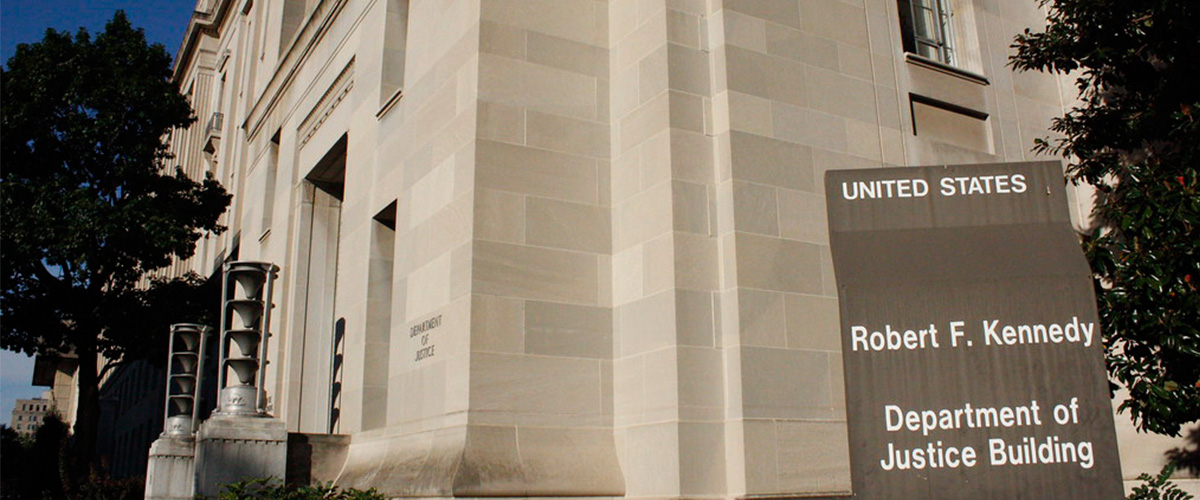
What Are Qui Tam Lawsuits?
Qui tam, or whistleblower, lawsuits are intended to protect the government from fraudulent activities. These types of lawsuits are brought under the False Claims Act (FCA). In a qui tam lawsuit, a private individual, also called a whistleblower, assists in the prosecution of a business or entity committing past or present fraud against the federal government. The law essentially allows a whistleblower to bring a lawsuit against the fraudster on the government’s behalf. A qui tam lawsuit rewards whistleblowers in successful cases where the government recovers funds lost to fraud.
The name ‘qui tam’ is an abbreviation of the Latin phrase “qui tam pro domino rege quam pro se ipso in hac parte sequitur.” This translates to “he who sues in the matter for the king as well as for himself.”
What are the elements of a qui tam lawsuit?
A qui tam claim requires certain necessary elements to become a lawsuit. There are important factors a whistleblower needs to consider before deciding whether or not they have a case.
Acts that give rise to qui tam lawsuits includes knowingly:
- Presenting false or fraudulent claims for payment to the government.
- Submitting a false record to the federal government in order to have a claim paid
- Taking part of a conspiracy to ask the government to pay false claims
- Submitting false information by state or record to the government in order to avoid an obligation to transmit funds or property to it
There are many requirements for a successful qui tam case. It’s important mismanagement, waste or contract disputes are not confused with fraud.
What evidence does a whistleblower need in a qui tam lawsuit?
It goes without saying, that you need to have more than your word against the company. In order to prove fraudulent activity, you need real and tangible evidence that prove your claims. While a qualified qui tam attorney will do the bulk of the investigations, it’s best that you come with your own proof or evidence of the company’s misdeeds. Evidence includes but isn’t limited to:
- Internal documents
- Work logs
- Emails
What is the origin of the whistleblower lawsuit?
The False Claims Act came to be in 1863 while the United States was in the throes of the Civil War. During this time, fraud against the U.S. government was rampant during the Civil War. In fact, military defense contractors at the time used the sudden increase in military spending to receive ill-gotten profits from the U.S. government. Contractors, for example, were known to sell:
- The same mules over and over to Army quartermasters
- Rotted ship hulls coated in a fresh pain to appear new to the Navy
- Infantry boots made out of cardboard
- Uniforms made out of old rags
- Gunpowder barrels that contained sawdust
- Crippled, old and blind horses
The False Claims Act prohibited anyone from knowingly committing or agreeing to commit to any fraud against the U.S. government through the submission of false or fraudulent claims for payment. Additionally, the Act established both civil and criminal penalties for conviction.
Because the Justice Department was ineffective with handling fraud, President Abraham Lincoln successfully persuaded Congress to enact “qui tam” provision in the Act. For this reason, the FCA is also called Lincoln’s Law.
How does fraud against the government occur?
Because the government does business across several industries, fraud can occur in any number of ways. The biggest fraudster industries include:
Healthcare industry
A significant number of fraud recoveries come from the healthcare industry. This covers everything from physician misconduct as well as pharmaceutical companies selling drugs that haven’t been FDA approved. In 2018, the largest healthcare industry recoveries came the drug and medical device industry.
For example, AmerisourceBergen Corporation (ABC) paid $625 million to resolve allegations that they sought to circumvent safeguards and profit from the repackaging of certain drugs for cancer patients. ABC had to pay $625 million to resolve allegations against it.
National defense and security contractors
Much like the situation Lincoln dealt with, many qui tam lawsuits deal with national defense fraud. A major defense recovery to occur in 2018 was against technology company 3M. In July 2018, 3M agreed to settle a whistleblower lawsuit for $9.1 million amid claims that it knowingly sold defective earplugs to the U.S. military.
The defective earplugs left thousands of veterans dealing with hearing loss and tinnitus. These vets are now filing individual lawsuits against the company.
In addition, businesses can also mislead law enforcement agencies. The U.S. recovered $66 million from Toyobo Co. Ltd of Japan and its American subsidiary when it sold defective Zylon fiber used in bulletproof vests to the U.S. for federal, state, local and tribal law enforcement agencies. The lawsuit alleged that the company published faulty data about the degradation speed of Zylon fiber bulletproof vests.
Financial industry
In February 2018, Deloitte & Touche LLP agreed to pay $149.5 million to resolve a FCA lawsuit. Deloitte’s role as the independent outside auditor of Taylor, Bean & Whitaker Mortgage Corp (TBW) came under scrutiny after the company failed to detect TBW’s fraudulent conduct and materially false and misleading financial statements.
How much has the Department of Justice recovered in whistleblower lawsuits?
In 2018, whistleblowers filed 645 quit tam lawsuits. Additionally, the Department of Justice was able to recover $2.1 billion in 2018 alone. Since 1986, the Department of Justice recovered more than $59 billion in settlements and judgments.
Are there whistleblower protections under the Federal Claims Act?
Yes. The FCA contains an anti-retaliation clause to protect whistleblowers who try to prevent one or more violation of the FCA. The False Claims Act protects employees, contractors, and agents who engage in protected whistleblowing activities. This means a person can come forward with information without worrying about being:
- Terminated
- Outed
- Demoted
- Suspended
- Threatened
- Harrassed
- Discriminated against in any other manner
In the past, businesses have tried to get employees to sign contracts to quash any chances of being reported under the FCA. However, it was established in Fabula v. American Medical Response, Inc that refusal to play a role in unlawful schemes to defraud the government was protected under the whistleblower protection provisions.
Whistleblowers can receive retaliation damages if it is found that an employer illegally retaliates against an employee. Generally, employees can receive substantial damages such as:
- Position reinstatement
- Two times the amount in back pay
- Interest on the back pay
- Compensation for any special damages
- Recovery of litigation costs and attorneys’ fees
We are Veterans Helping Veterans
The Veteran Legal Assistance Program is here to support veterans and active duty soldiers. We also want to keep veterans and active duty soldiers in the know about the issues affecting them. If you are in need of assistance, contact the Veterans Legal Assistance Program and let us know how we can help.
We’ve got your six.



